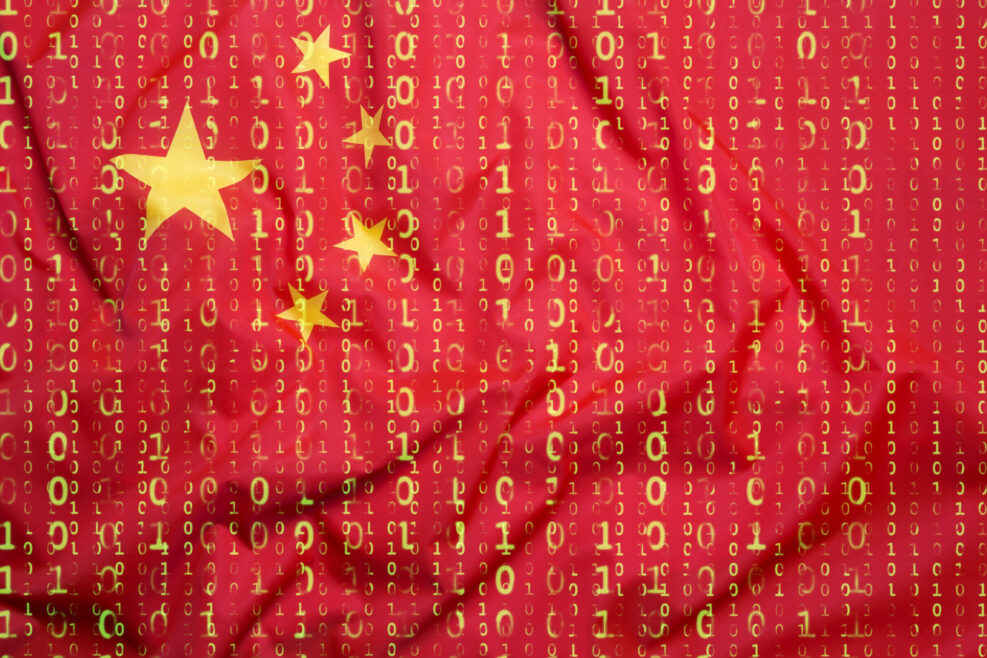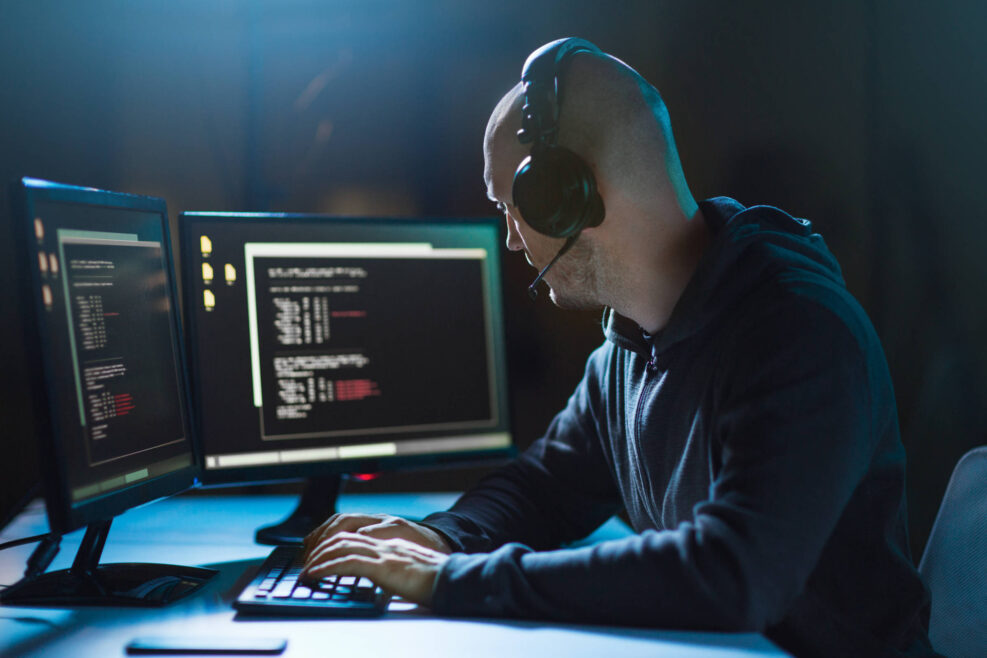
Does Government Watch Us on Social Media? Yes… So Does Business
They may all be getting to know you way better than you feel comfortable withDiscerning public opinion on political and national security issues via social media platforms showed its worth during the Arab Spring of 2010. The protests, which began in Tunisia, spread throughout the Middle East, where social media were the key platform for expressing anger about corruption, poverty, human rights violations, unemployment, and authoritarianism. These protests resulted in changes to leadership and policy in Libya, Egypt, and Yemen. They also resulted in immigration issues and sadly, even terror attacks, military conflicts, and civil war. Social media not only enables coordinated action such as rallies, strikes, resistance, riots, and other methods of activism but also provides status reports and communicates outcomes. One research team has developed an AI metric for predicting such events: Read More ›


















